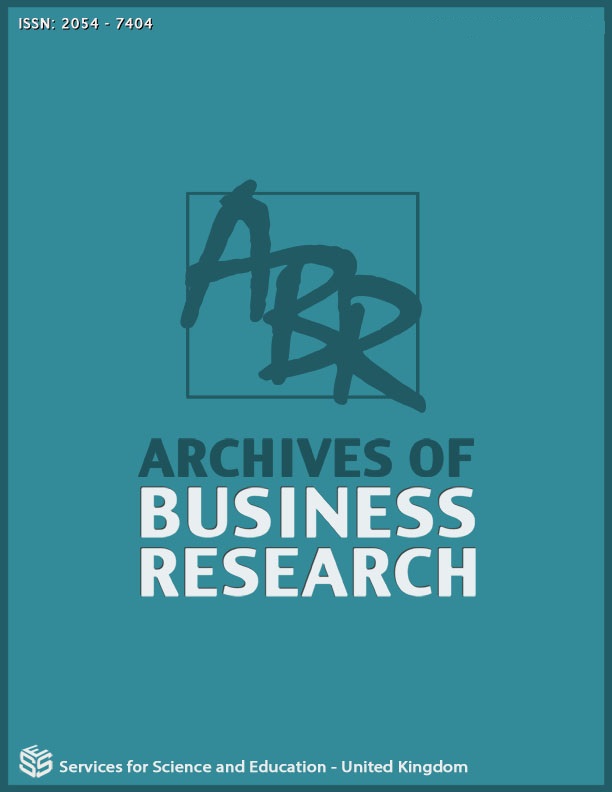Dynamics and Effects of Corporate Social Responsibility Authenticity
DOI:
https://doi.org/10.14738/abr.123.16721Abstract
Authentic corporate social responsibility (CSR), defined as the belief that a company's CSR initiatives are an honest reflection of its "real self," has received little attention in the literature on micro-CSR and management. Establishing views of genuine CSR among workers is undoubtedly crucial for firms to fully reap the advantages of CSR, especially in a climate when charges of corporate greenwashing abound and cynicism about social responsibility initiatives is rampant. Using attribution theory as a framework, we investigate two possible reasons for engaging in CSR—strategic-driven and values-driven—to see how workers view the legitimacy of such efforts. Along these lines,weanalyze how genuine CSR impacts workers' faith in the company and their perceptions of organizational support. Finally, we use a social exchange theory framework to look at how CSR authenticity mediates the connection between how people perceive the organization's motives and two major outcomes, how people perceive the organization's support and trust, and how these outcomes impact how employees feel about the organization and how they act as citizens. According to my findings, workers' views of CSR authenticity are influenced by values-driven reasons. Moreover, these authenticity perceptions play a mediating role in the link between values-driven motives and perceived corporate support and trust. Employees' views of CSR authenticity and sentiments of perceived corporate support are two channels by which values-driven motivations favorably impact organizational citizenship activities, according to further study.
Published
How to Cite
Issue
Section
License
Copyright (c) 2024 Saba Riaz, Kashif Saleem

This work is licensed under a Creative Commons Attribution 4.0 International License.






